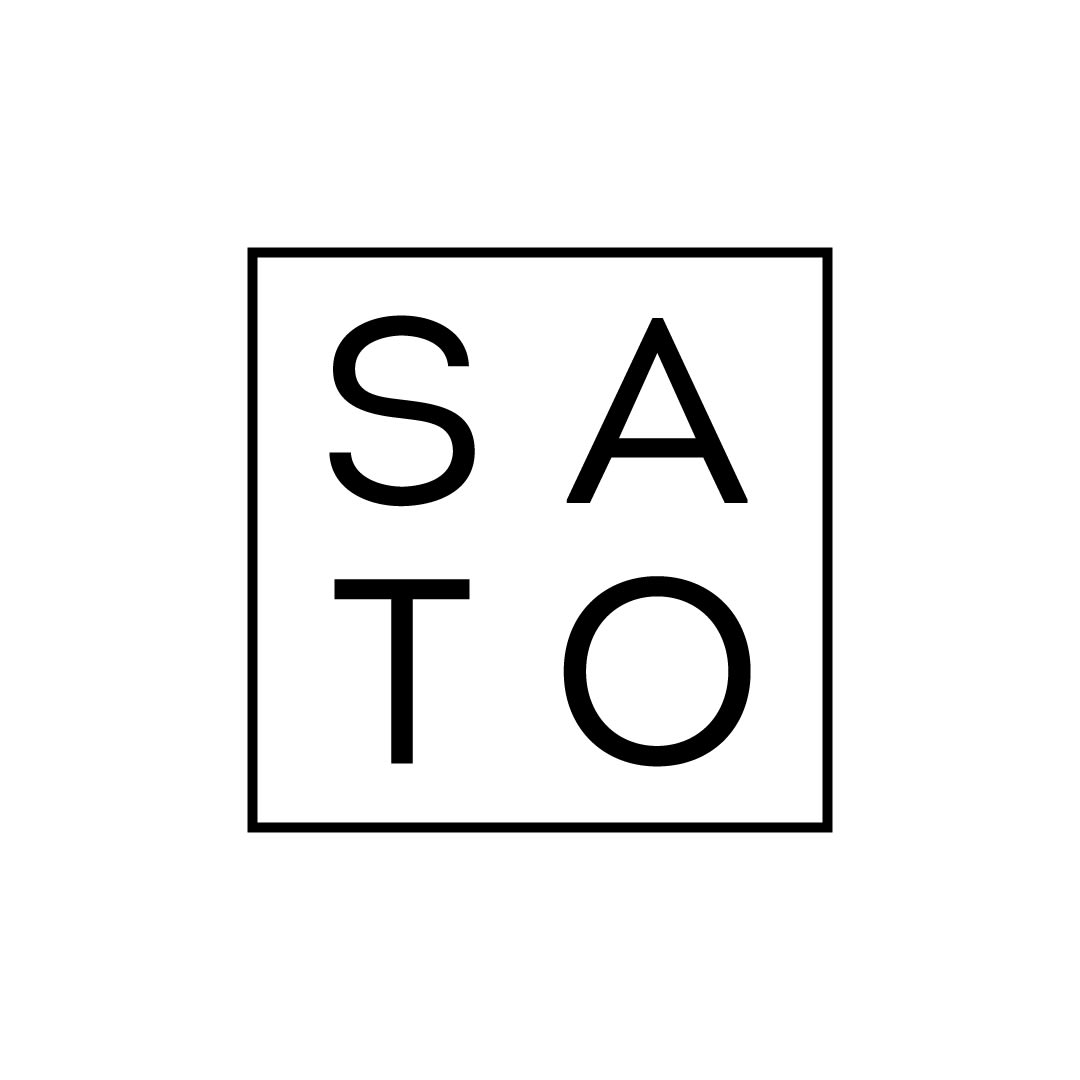There is a visible influence of the Modernisme he grew up with, but it neatly combines with a sparkle of surrealism.
Efrain Vivas Hattori (1991) was born in Tokyo to a Japanese mother and a Venezuelan father. When Efrain was 2 years old, the family moved to Venezuela.
In Caracas young Efrain grew up surrounded by renown architects, photographers and artists. Mostly architecture he got to experience from close, as his father used to bring him to his office where he would draw along him, his uncle [ed: renown architect Fruto Vivas] and the rest of the team.
It was there were his eye for architectural maps developed. Without fully comprehending the impact, because it would take some more years before he realized art was where he felt like himself.
His parents separated when he was a young teenager and Efrain moved back to Tokyo with his mother. He finished school, but he didn’t feel the urge to continue to study. For a while he spent his days skating and graffitiing.
He also picked up the drawing he liked so much as a child. And as Efrain is driven, he soon fully committed on his career in art. In 2016 he did his firste show.
Efrains work is characterized by good colour palettes. Sometimes bright and bold, other times he uses more earthly tones, but always combined with pitch black shapes and lines. There is a visible influence of the Modernisme he grew up with, but it neatly combines with a sparkle of surrealism.
What also defines him, is his use of leather and cotton, sewed onto the canvas, holding it together - or at least it appears to have this function. An architectural map. As an artist - but undoubtedly as a human being too - he is resourceful and experimental. He dares to try out new things and change his familiar ways, althought in his work we always find back some of the strong characteristics of Efrain.
Ever since Efrain started creating, he has fully dedicated himself to his art. He has done several shows in Amsterdam and Tokyo and in 2020 Sato Gallery showed some of his work in Paris, at the art fair Asia Now.
Besides being an artist, Efrain is also contributing to our cultural discours running an independent art platform, Ugoku Estudio, promoting art and publishing zines. He is also a gifted tattoo artist.
In 2020 Efrain returned to Tokyo, Japan. In June 2023 he came back to the Netherlands. He spent summer 2023 as an ‘artist in residence’ working from our space. The result is his first solo exhibition with Sato Gallery: Almost Transparent Blue.

